It is so important to us at Darling to not only support female-owned businesses, but also Fair Trade companies that celebrate the people behind the products. We had the pleasure of interviewing Carly and Rachel, founders of The Citizenry, a beautiful interiors brand. The name of the company itself actually means “the citizens of a place regarded collectively,” which is exactly what they do—bringing together countries and cultures by uniting artisans and designers globally to create incredible, high-quality goods. Read below and learn more about supply chains, being an entrepreneur and pursuing excellence in all you do!
First of all, it’s always fun to start by learning about your individual quirks…
Carly: For someone who has traveled to many corners of the world, I am deathly afraid of heights. And I get motion sick. Ironically, on our very first trip to Peru we traveled to a village on top of one of Peru’s tallest mountains. This meant 12 hours in a bus, driving in circles, up the edge of a mountain on a two-lane highway with no guardrails. The beginning of The Citizenry literally started with one of the scariest days of my life.
Rachel: Mine is that I never unpack my makeup, toiletries, hair products and electric chargers from my suitcase— they are a streamlined, duplicated set of what I use every day. As a constant traveller, I’ve learned that the secret to easy travel is a carry-on (no lost bags and no wait time!) always ready with my travel essentials.
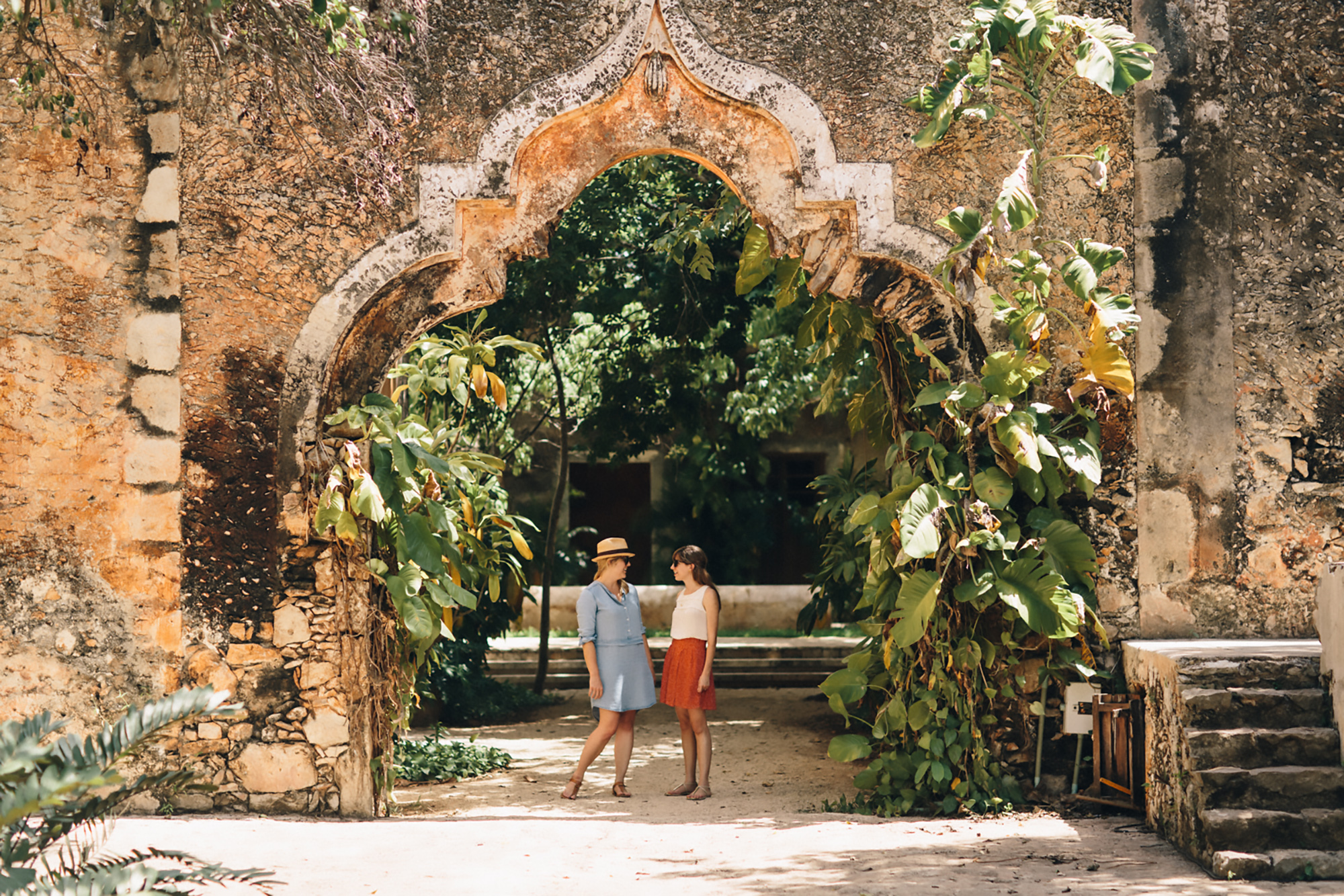
What was the moment of inspiration for you to start The Citizenry?
Carly: Rachel and I were both at the stage of life where we were finally starting to invest in the design of our homes, and we both just found ourselves so uninspired by all the mass-produced, dime-a-dozen things out there.
When we thought about the objects we truly loved in our homes, they were the things we had picked up on our travels. Those pieces had a soul and a story—we had met the markers, learned about the materials, and connected with the piece on a deeper level. We thought, “What if we could create a digital destination that gave people that ‘next best’ experience to traveling the world, meeting these makers, and finding objects that are made in environments people could feel good about?” That was the creative spark that started it all. The rest is history.
What were the first steps you took toward your dream? And if you were to go back in time, would you start the same way or differently?
Rachel: We researched like crazy. We ran surveys, built financial models, did informal focus groups, and even spent time on the ground in South America talking directly with different artisan cooperatives. By the time we quit our jobs and stepped out on the dream, we had a year’s worth of research. We were convinced that The Citizenry needed to exist to level the playing field and create better opportunities for artisans all over the world…
Carly: If we did it all again, I think we would start the same way—measured, thoughtful, and armed with as much research as possible.
It was the two of us in the office above my garage. We were coming off back-to-back all-nighters and were too tired to really think through what might be in store for us in the years ahead, and just how important that mission would turn out to be. Since that day, I can truly say The Citizenry has been the hardest work AND greatest adventure of our lives. Still, I don’t think we’d change the journey. It’s made us into who we are today. For better or worse, we are so much tougher and more relentless than when we started years ago.
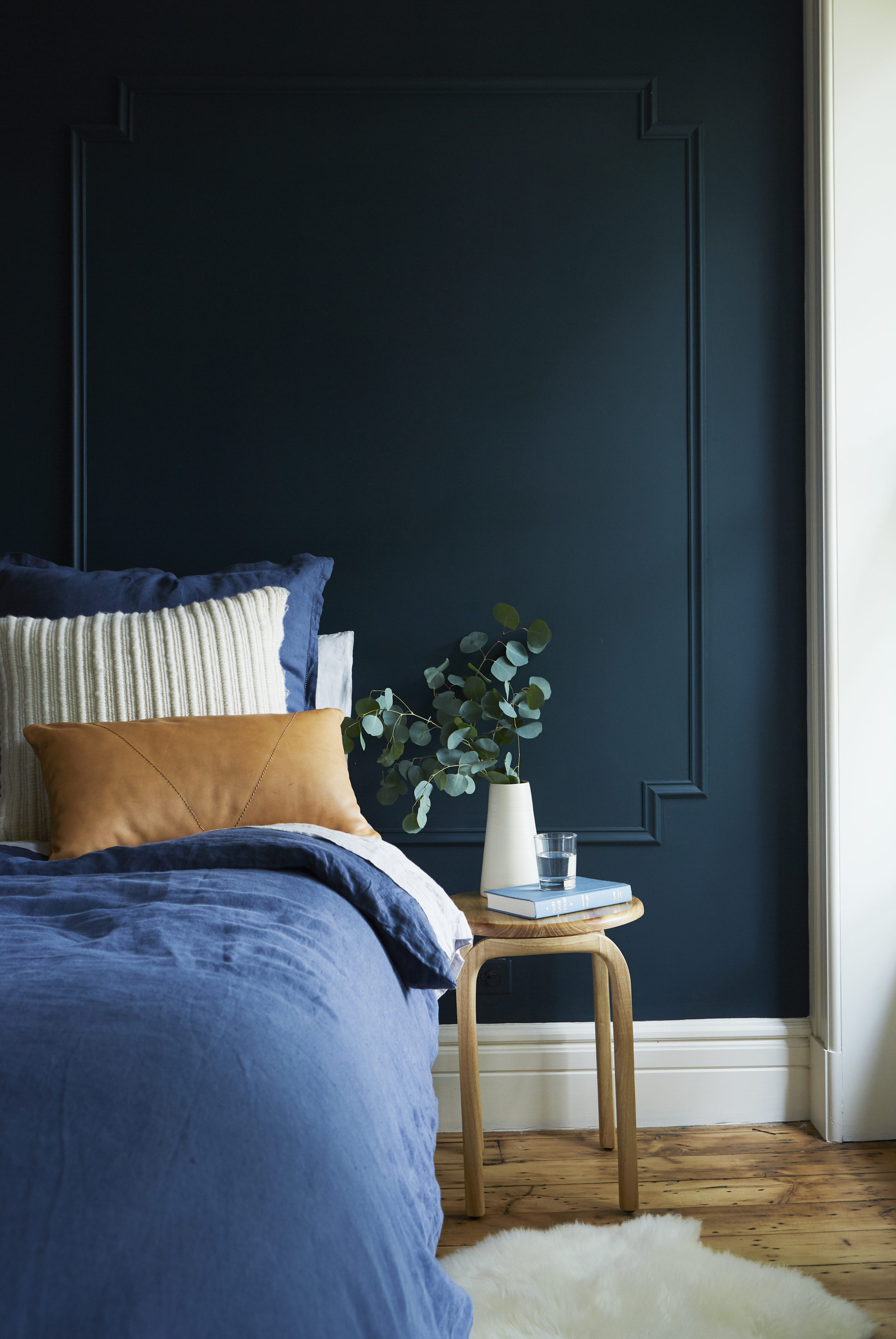 Tell us about the principles that your business is founded upon.
Tell us about the principles that your business is founded upon.
Carly: There are a lot of principles that guide our business, but a few of the most important…
We don’t prioritize numbers over people. We have a no “burros” policy and take steps to make sure humanity runs through the veins of our organization. We go above and beyond to make sure we are always paying fairly and showing mutual respect to our partners. This principle is also why we use the word “partners” to describe artisans. Never suppliers. Never vendors. Only partners—always. Another big one is that we believe our reputation is built one customer at a time. Every interaction matters. Every package matters. Every detail really does matter. We are not the biggest brand, but we strive to be the most thoughtful brand out there.
Rachel: Transparency is another principle…We are as transparent with our employees and our customers as much as possible, always noting where a product is from, who made it, and how long it took to create.
How do you feel about social responsibility within business? What systemic change would you like to see on this front?
Both: Global supply chains sound boring, but they have more impact on the environment and human rights than anything else happening in the world today. We built The Citizenry to set the standard for social responsibility by creating a people-first supply chain, building long-term, transformative relationships around the world.
We’ve learned a few things along the way.
It baffled us to find out that a company only has to pay 10% above minimum wage to meet Fair Trade Standards. Our business pushes further than that. Many times our partners receive 2-3x what minimum wage is in the region, and again—it’s life changing. Also, making clothes and home goods require lots of human labor. Cheap prices (like $8 for a button down shirt or $30 for an embroidered pillow) are more likely to be the result of horrible working conditions for humans than the result of machines. Less than one percent of textiles are made in Fair Trade conditions, which means almost all are made in harsh, unsafe environments.
Second, take a moment to think about the hours it would take you personally to gather materials, weave, cut, sew, and finish that item by hand and then check your hours estimate against the price. If the result is pennies per hour, pause, and consider your other options.
Personally, Carly and I try to be thoughtful about spending money on things we’ll keep for years, rather than weeks. If I can’t afford a quality item made in fair trade conditions, I’ll save my money for months until I can. By choosing quality over quantity in the short term, I’ve found that the quantity takes care of itself in the long run.
 You rally designers and makers across cultures and even continents—tell us why this is so powerful.
You rally designers and makers across cultures and even continents—tell us why this is so powerful.
Carly: The more places we travel and more partners I work with, I am reminded that we are all more similar than we are different. In today’s age of such cultural divide, this is one of the biggest lessons I want to pass on. We all adorn our bodies in fabric. We all listen to music. We all love to laugh and strive to provide for our families. Most of all, we all want to use our talents to make something meaningful. My talent is in design and brand strategy. Our partners’ is in their craft. We are both using our skills to work together—across countries and cultures—to make something exponentially more beautiful and meaningful than we ever could on our own.
What is one of the hardest challenges your company has faced and how has it changed the way you’ve moved forward?
Rachel: We have to be exceptional, over and over again. It can be exhausting and continues to be one of our biggest challenges. We have to keep designing incredible products, pricing them perfectly, marketing them beautifully, and working with partners to get everything here safely and on time. To scale, we have to do this over and over again. It takes smarts, talent, and sheer grit to make this happen. It’s not a business that just runs itself.
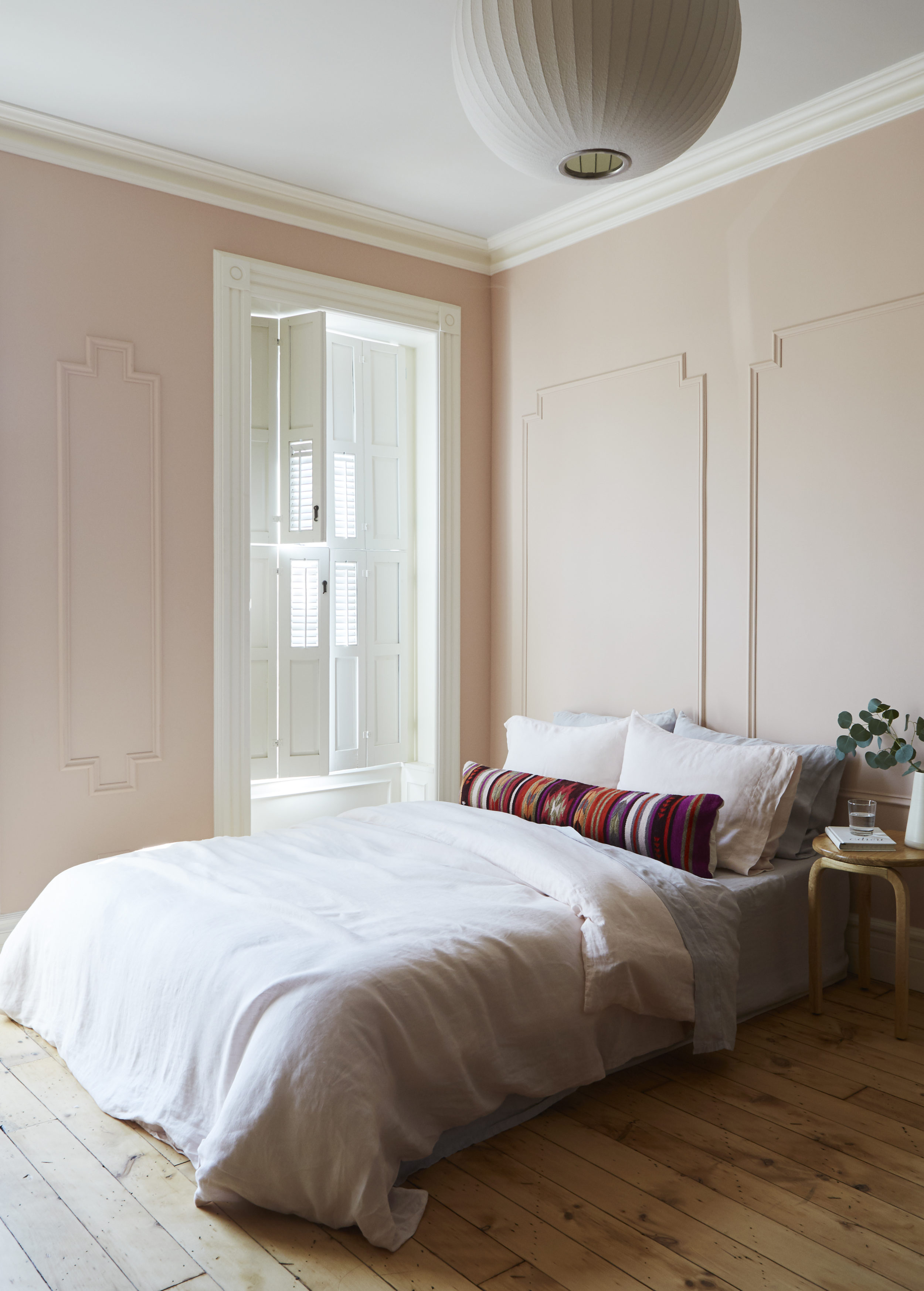 What is the best advice you can give to someone in wanting to pursue their own business?
What is the best advice you can give to someone in wanting to pursue their own business?
Carly: Solve something meaningful. Starting a company isn’t easy, so it’s important to work on something that means a lot to you and you can clearly see the broader impact in the world. You will want to quit many times. If you have a clear picture of what you’re building and why it needs to exist to make the world a better place for your customers, partners, or employees—that will keep you going. Oh, and get a co-founder. I couldn’t do this without Rachel [smile].
What’s one piece of advice you’d give to other female entrepreneurs?
Rachel: Be prepared to be held to a much higher standard than men—you’ll have to get 2-3x more traction to get the same level of credibility.
Carly: On that note, keep making BIG plans and nail the narrative around them. As women, it can be easy to underestimate our own potential. A mentor once told me, your plans should exceed your current capacity and always feel scary. Then, the dream is big enough. Once you have those plans down, nail the narrative around the customer, the market, and goals and tell anyone and everyone who will listen.
Which product is your all-time favorite that you’ve created?
Rachel: Goodness…there’s a few that I absolutely wouldn’t live without! They are instant updates that transform a room from basic to sophisticated.
Our lumbar pillows woven in Mexico. These are perfect for a couch or bed, no other pillows needed! No matter which style you choose, what always stands out to me are the rich colors that only natural, small batch dyes can give.
Our linen bedding from Portugal. I promise that there is not a softer, more luxurious linen sheet option available than ours. Snuggling into them at night is the best feeling!
Our Beni Ourain rugs from Morocco—these are true works of art. It takes six women working together a full month to hand knot these beauties. Most Beni rugs available in the US are vintage, contaminated with formaldehyde dyes, and made with very poor quality wool that sheds.
Photos provided by The Citizenry.

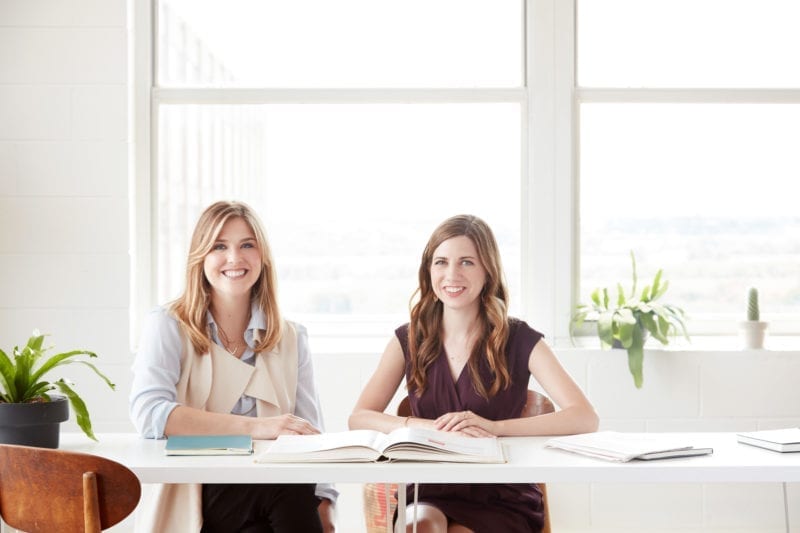
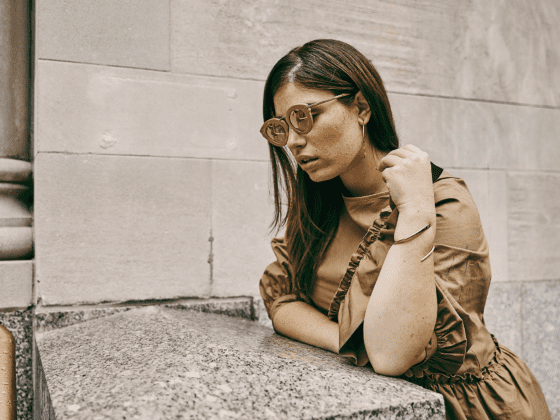
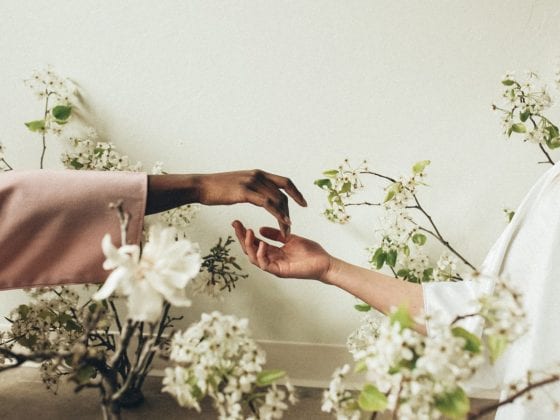
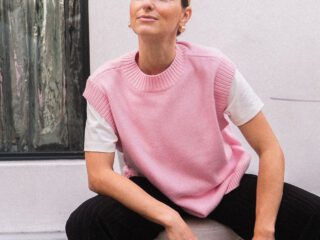
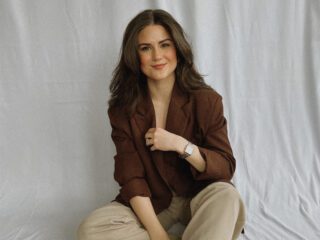






2 comments
Great interview! That’s why I think that every business should have a social component. It really does make a difference for artisans around the world to be able to not only showcase their products but also have a sense of belonging and the respect they deserve for their talent. Great job!
Love, love, love this! They really worked hard to get to where they are now. Such an inspirational group of people behind an inspirational brand! 🙂
–
Charmaine Ng | Architecture & Lifestyle Blog
https://charmainenyw.com